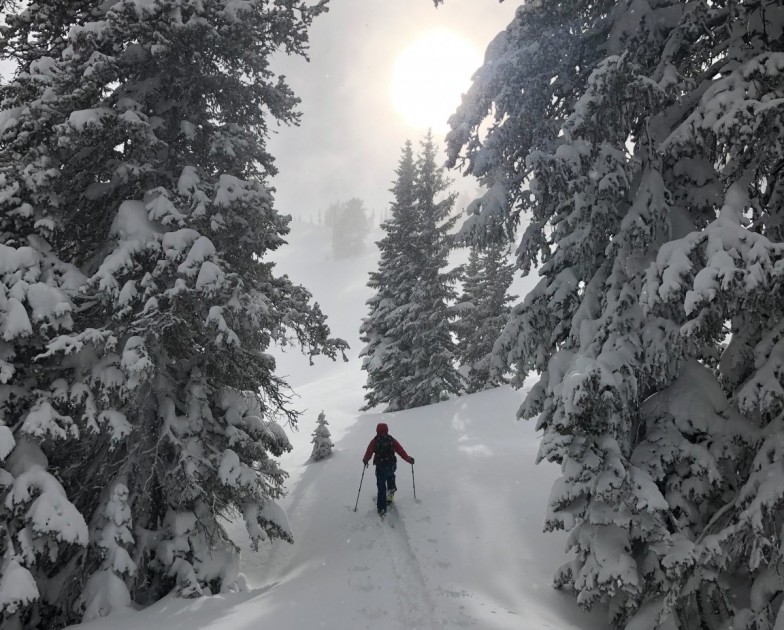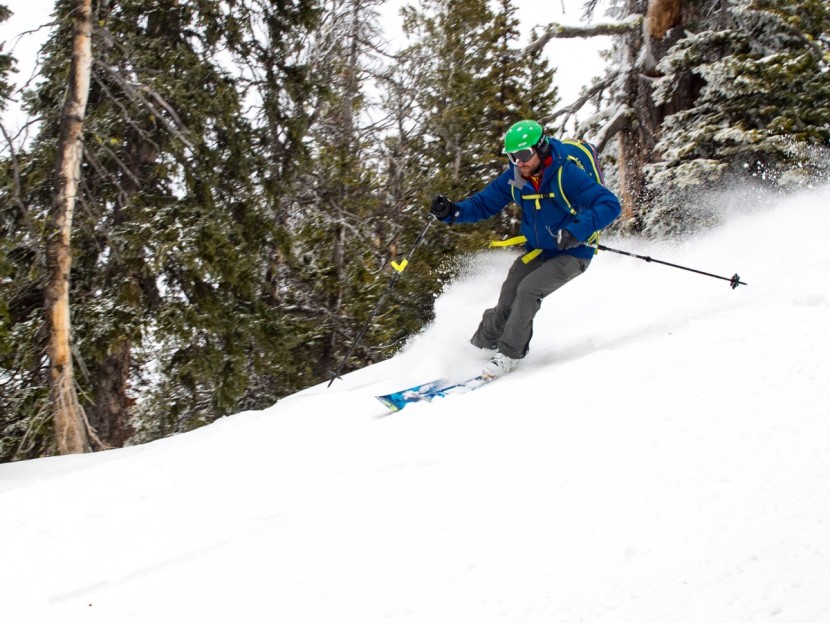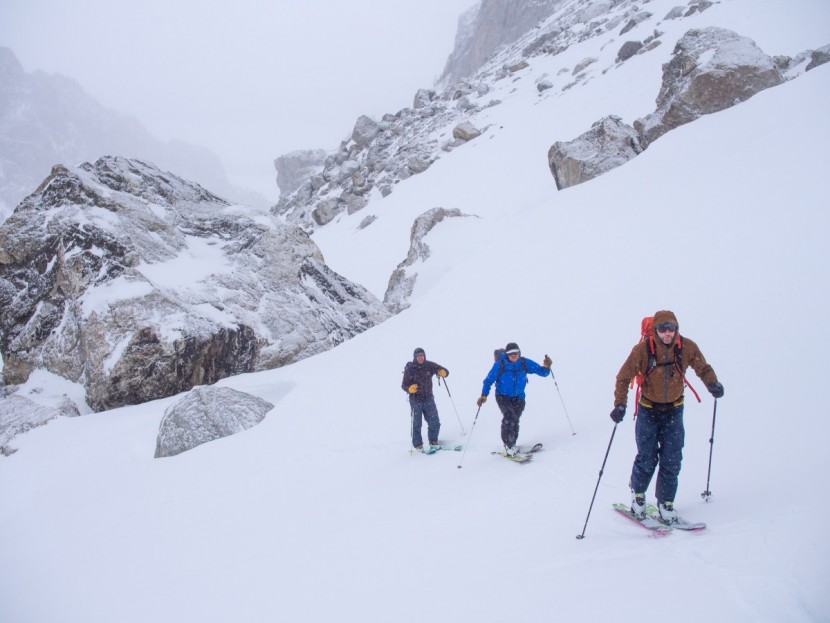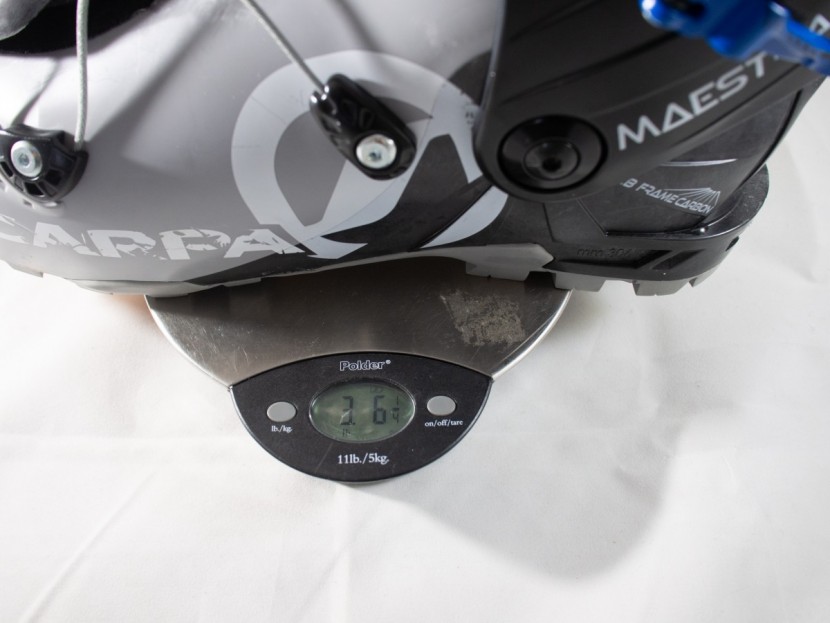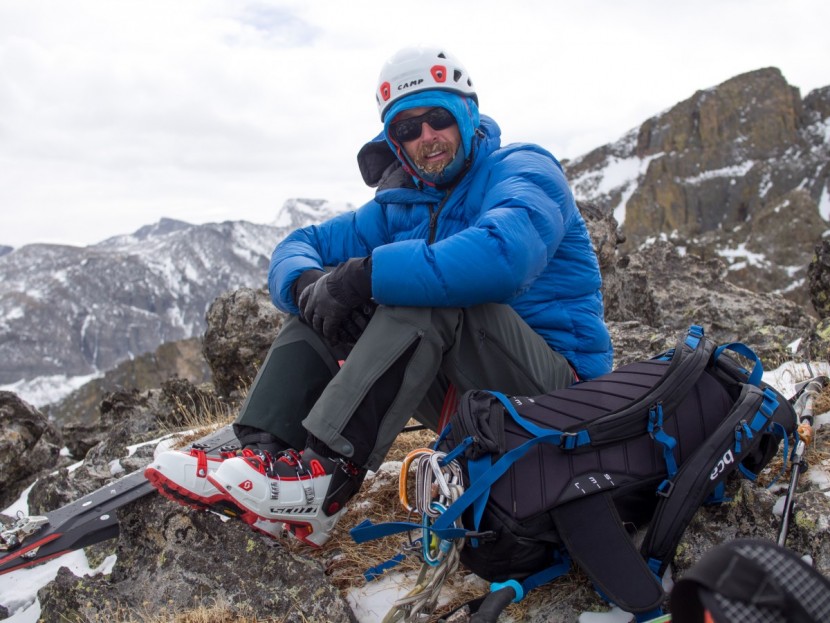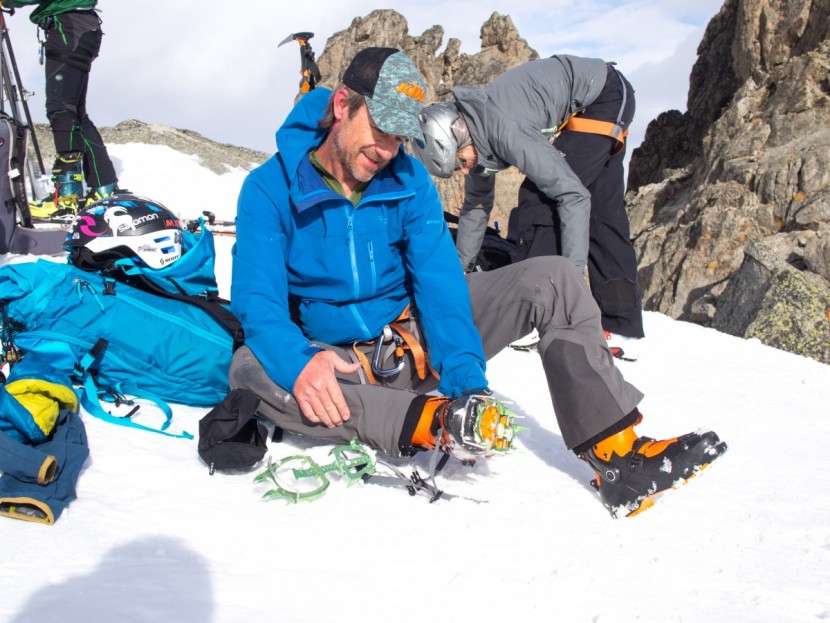The vast majority of our findings are based on using and comparing the boots in actual, human-powered backcountry skiing. Since this is how you will use them, we feel it is important to test them that way. We also know that truly robust findings are based on this “real world” testing. We also skied a little bit at ski areas and do a few simple “lab” tests. Look into the context of other reviews out there? Did they test thoroughly and in actual backcountry use?
Downhill Performance
Again, we mainly just went skiing. Backcountry skiing, with backcountry skis and bindings, backpack, and wild snow, is different than resort skiing. We mainly tested this way for better information. That being said, resort skiing is also a handy way to make quick comparisons between different models. Similarly, immediate in-home comparisons of the relative stiffness and sort of flex range provide rudimentary information that you often wish to read about. In the end, miles of actual backcountry skiing are definitely the most valuable information we collect.
Uphill Performance
Mainly, we skinned uphill. We also cramponed and booted in each pair of footwear. While doing so, we monitor for range of motion and friction within that range of motion. Finally, we measure cuff range of motion with a table and an inclinometer placed on some rearward part of the boot. We remove the liner, flex the shell all the way forward, and take a measurement. We then take another measurement with the cuff flexed all the way back. The difference between these two measurements is the cuff range of motion, in degrees.
Weight
Each pair of boots, in size 26.5 or 27, is weighed on our calibrated and verified digital postal scale. Our weight data in the primary chart includes metric and imperial units, shell and liner weights, and we've done some of the math for you on the weight of one boot and for the pair.
Comfort and Fit
We wear them for long days. Also, we make sure to get a variety of different foot shapes in each boot. Each boot is tried on by at least a few different testers, with a known wide array of foot types, shapes, and preferences.
Warmth
Immediate comparisons of warmth are pretty difficult. A single tester's own perception of warmth can vary significantly from hour to hour and day to day. Further, warmth is a function of the boot itself and of its fit on a particular person. Nonetheless, we can pretty reliably correct for these variables and draw at least rough conclusions about relative insulation value. Skiing in the high and cold Tetons all winter long helps us assess warmth. Some of our tester gear gets to go on expeditions further afield to really test insulating value.
Ease of Use
Extensive testing draws out the usability of a product. We look for transition time and complication, reliability of hardware, and complications or not with getting the boots and liners on and off. We also consider compatibility with bindings and crampons.
Conclusion
We test thoroughly, with a highly experienced team of testers. Our team knows how AT ski boots are typically used and tailors the testing and the findings to that knowledge. We might not report on what you wish to do with the boots, but rest assured that we have used them how you will actually use them.

